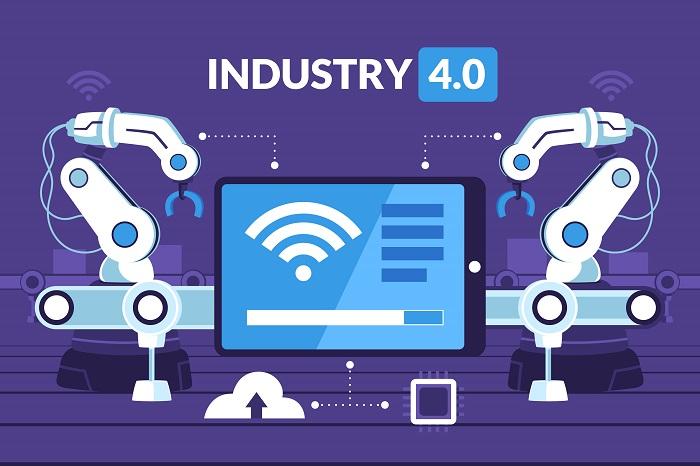Unlocking Industry 4.0: AI-Driven Analytics in ERP Systems

As we navigate deeper into the digital age, the integration of AI-driven analytics with ERP systems has become a pivotal force in Industry 4.0. Organizations across industries are beginning to recognize the unparalleled benefits of utilizing AI in ERP systems to enhance efficiency, streamline processes, and extract actionable insights. But what makes this convergence so powerful, and how can it unlock the full potential of Industry 4.0?
How AI-Driven Analytics Supercharges ERP Systems
- Predictive Maintenance and Production Efficiency
AI-powered analytics in ERP systems can predict potential equipment failures by analyzing historical data and identifying patterns. Through predictive maintenance, businesses can minimize downtime, optimize production schedules, and reduce costs. This capability is especially critical in industries like manufacturing, where unexpected equipment failures can halt operations.
For example, by analyzing machine performance data, an AI-driven ERP can alert operators about the need for maintenance weeks or even months in advance. This not only extends the life of machinery but also helps manufacturers maintain optimal production levels with minimal disruption.
- Optimized Supply Chain Management
The supply chain is at the heart of many organizations, and AI-driven ERP systems can significantly enhance supply chain operations. By analyzing demand forecasts, market conditions, and supplier performance, these systems offer recommendations to optimize procurement strategies and inventory management.
With AI, companies can predict fluctuations in demand, avoid overstocking, and prevent stockouts. This leads to improved customer satisfaction, reduced operational costs, and more efficient use of resources.
- Enhanced Decision-Making with Real-Time Insights
Traditional ERP systems operate with a lag, processing data at specific intervals. AI-driven ERP systems, on the other hand, can process real-time data from various sources such as IoT devices, customer interactions, and market trends.
This provides decision-makers with instant access to actionable insights, enabling them to make smarter, faster decisions. Whether it's adjusting production lines or launching a new marketing strategy, AI ensures that businesses remain agile and responsive to changing conditions.
- Personalized Customer Experiences
In today’s highly competitive business landscape, delivering personalized experiences is essential to stand out. AI-driven ERP systems analyze vast amounts of customer data to identify buying patterns, preferences, and behavior.
For instance, in the retail sector, AI can suggest personalized recommendations for customers based on their previous purchase history and browsing habits. This allows companies to create targeted marketing campaigns, improve customer retention, and boost revenue.
- Enhanced Financial Management
AI analytics in ERP systems also extend to financial operations. With the ability to analyze cash flow patterns, predict financial outcomes, and identify anomalies in real-time, AI helps businesses make informed financial decisions. Moreover, AI can automate routine tasks like invoice processing and payroll management, reducing human error and improving overall efficiency.
Final Thoughts
As businesses continue to adapt to the rapidly changing industrial landscape, adopting AI-driven ERP systems will be key to thriving in Industry 4.0. The ability to analyze data at scale, predict outcomes, and automate processes will not only improve operational efficiency but also foster a culture of innovation.
For those looking to future-proof their operations, AI-powered ERP is no longer just an option—it’s a necessity for unlocking the true potential of the Fourth Industrial Revolution.
Post Your Ad Here
Comments